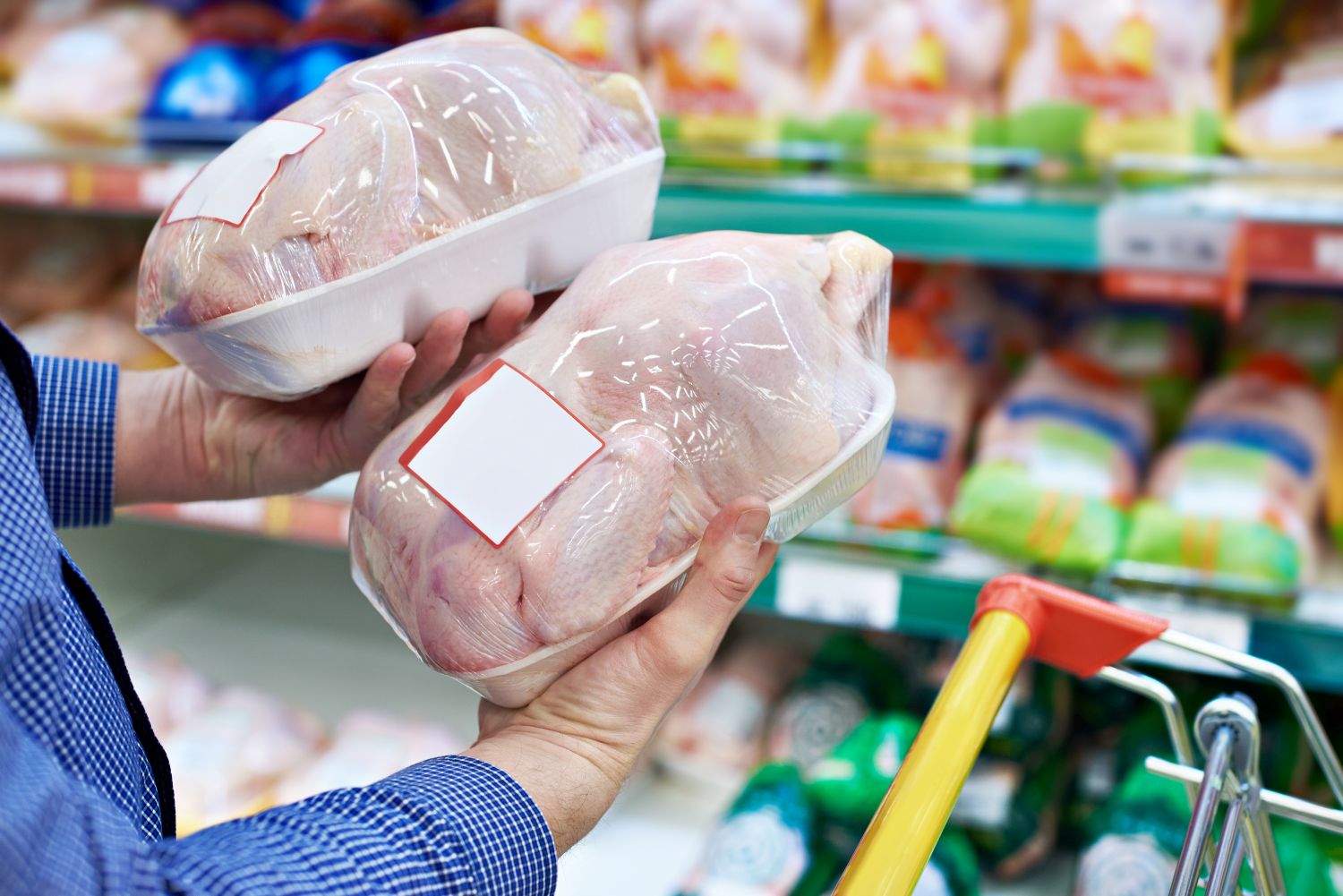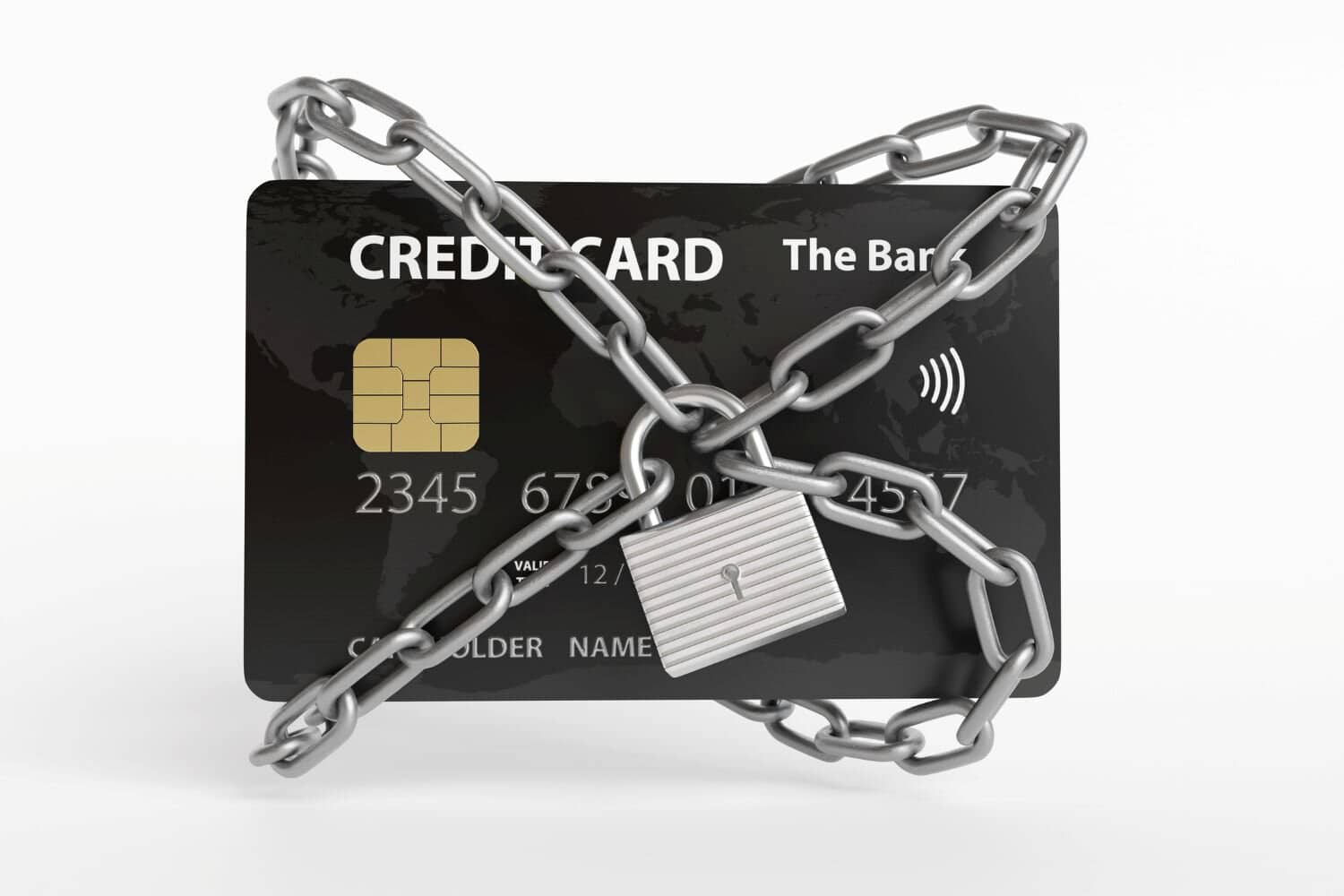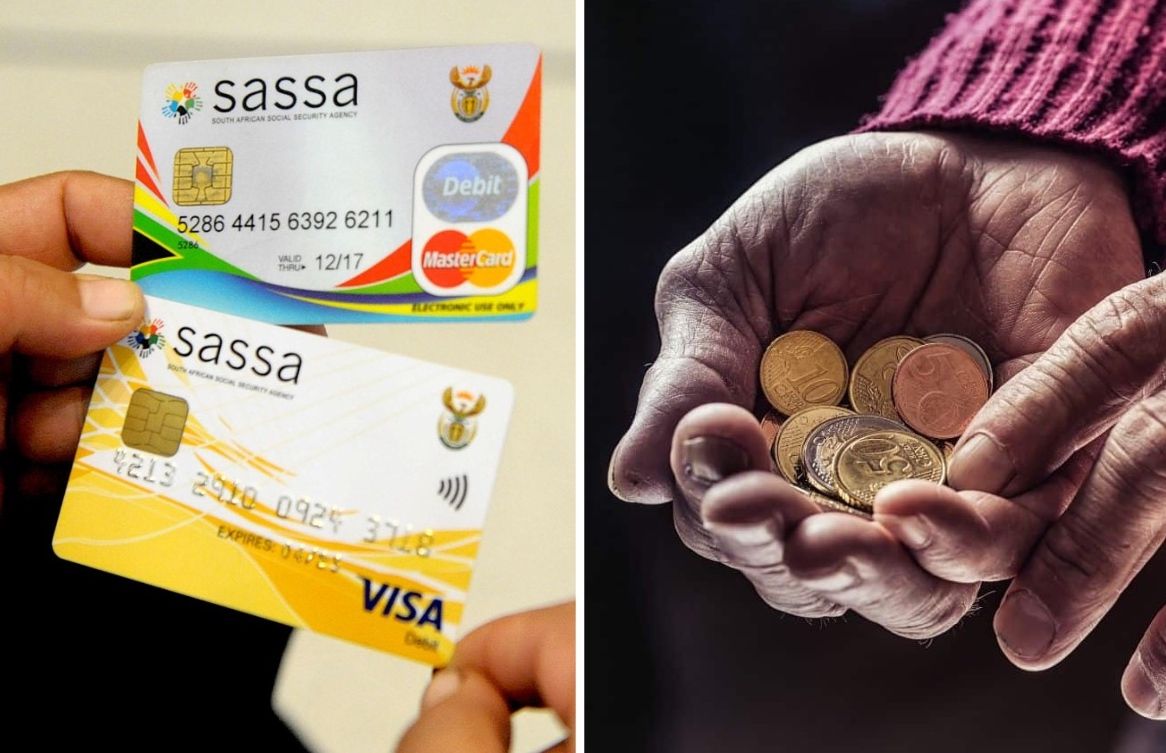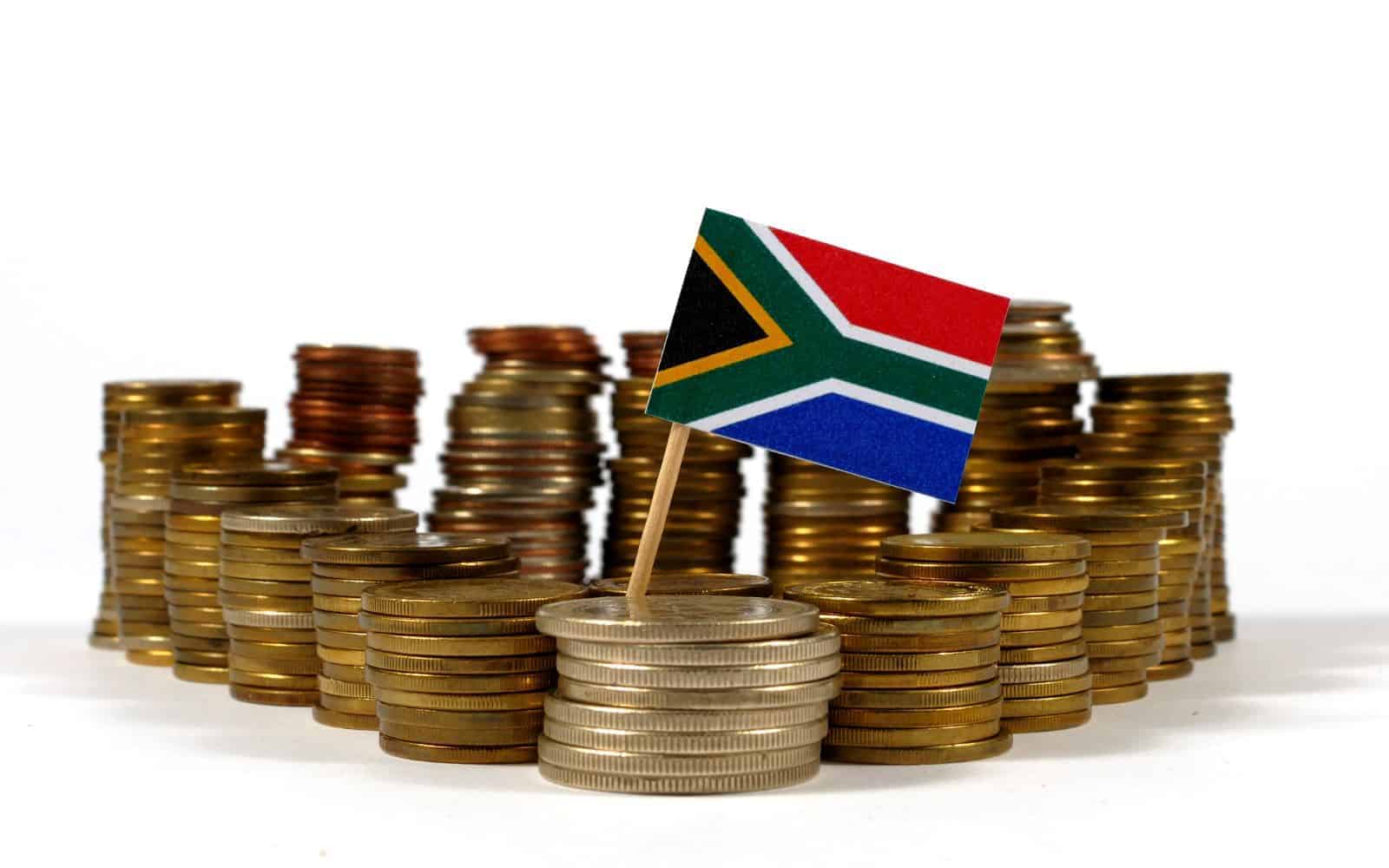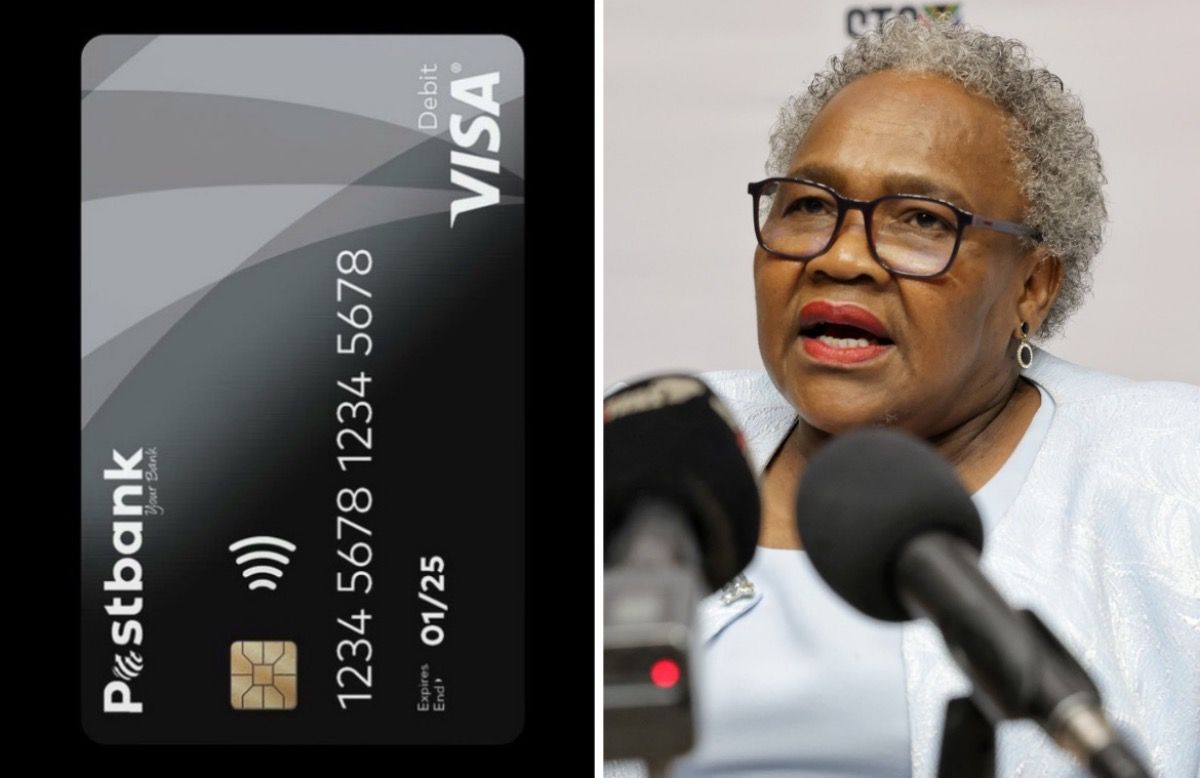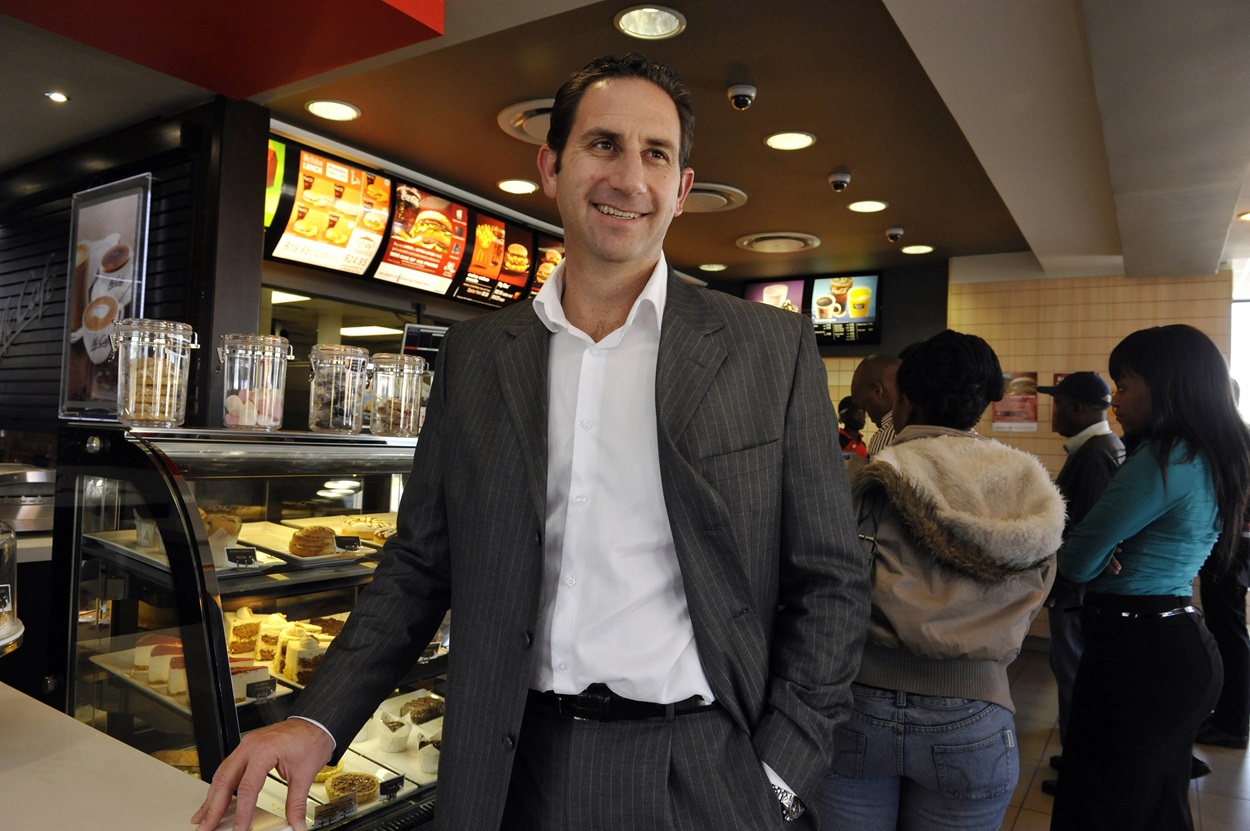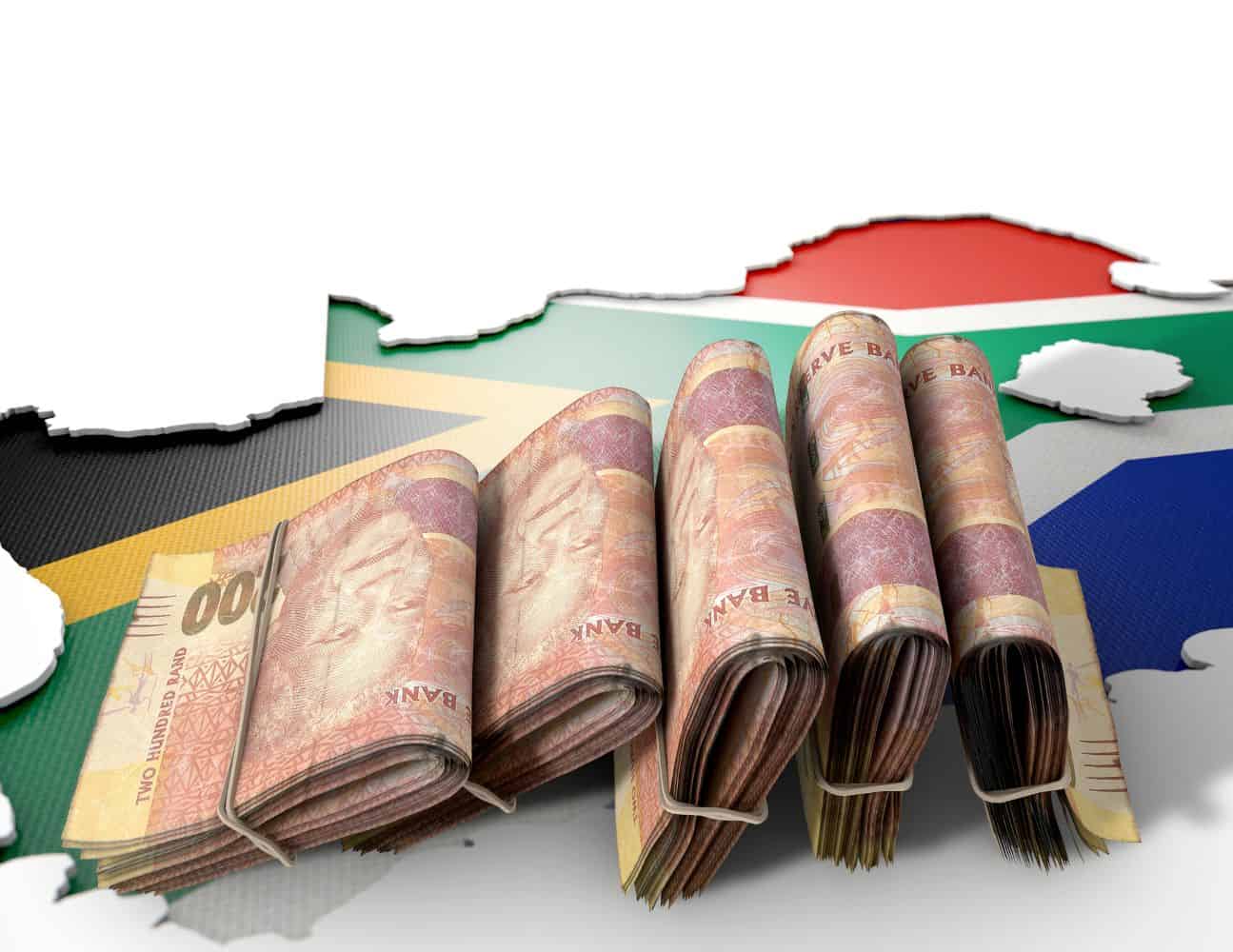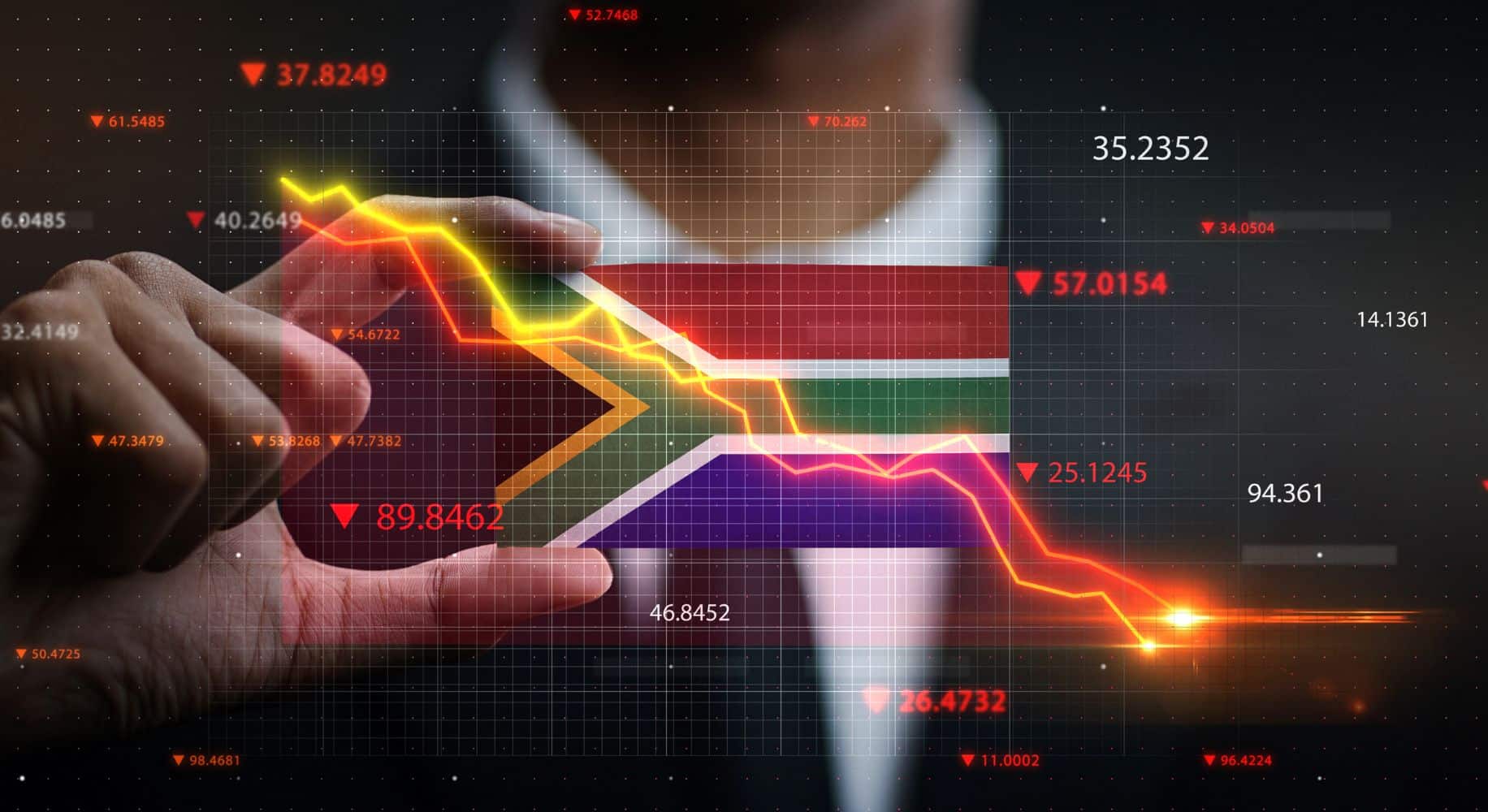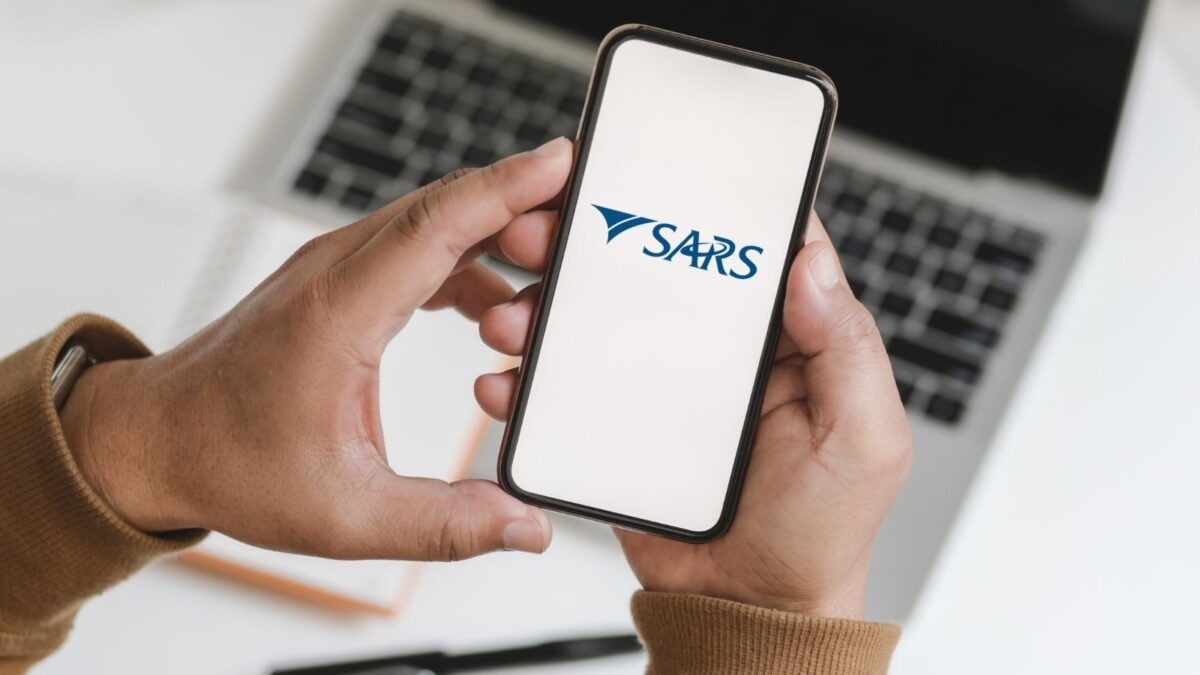VAT-free chicken will play a critical role in South Africans’ lives, especially for low-income households.
Poultry exporters and importers have submitted a proposal to the South African government requesting that certain chicken products be free from Value-Added Tax (VAT).
Having VAT-free chicken will play a critical role for low-income households in South Africa that are significantly impacted by the cost of living.
The proposal outlines why VAT-free chicken would be more effective than social grants. �
The proposal was compiled by law firm ENS on behalf of the SA Poultry Association (Sapa) and the Association of Meat Importers and Exporters (AMIE).
More VAT-free essential foods
President Cyril Ramaphosa announced during the opening of Parliament in July that the new administration is looking into expanding the basket of essential foods that are VAT-free.
In a letter to the government, the law firm said the majority of South Africans suffer from malnutrition and food insecurity.
“It is therefore unsustainable that the list of zero-rated food items contains limited animal-based protein items when an affordable animal-meat protein would both combat malnutrition in the most vulnerable of society.”
Social grants or chicken VAT-free for struggling South Africans?
A counterargument is made in the proposal to the suggestion that social grants would be a better way to help low-income households than removing VAT from chicken.
“While grants might be a suitable alternative, it was a solution that assumed the effective deployment of expenditure.”
“Until such time that expenditure is proven to be deployed more efficiently, without large leaks attributable to mismanagement of funds, the relief to poorer households to mitigate the regressivity of a non-discriminatory VAT base must include expanding the list of zero-rated items.”
ALSO READ: Chicken prices set to increase in SA: Here’s by how much
Chicken products requested to be VAT-free
The Fair Play movement in their weekly bulletin said the chicken products that have been added to the proposal are considered as having significant benefit to South African households.
The products include frozen bone-in chicken, whole frozen chicken, and portions such as leg quarters, drumsticks, and wings.
Also, fresh and frozen chicken offal, which includes chicken livers, heads and feet.
“It was ‘untenable’ that the poorest segments of society should continue to pay VAT on essential foods such as chicken protein.”
ALSO READ: Africa’s population to grow by a billion, food security measures needed
Why those products?
The bulletin added that the products on the proposal are most consumed by low-income households, and removing the 15% VAT from them will bring relief to these households.
However, cooked chicken from shops, restaurants, and value-added products such as crumbed, spiced or marinated chicken are not included in the proposal because they are bought mainly by higher-income shoppers.
“Tinned cooked chicken is excluded, while uncooked tinned chicken livers would qualify for the proposed VAT exemption. This is because chicken livers are relied upon by poor households, and are used in child feeding schemes.”
How much households could be saving
The proposal details that one household could save R83.18 a month if VAT was removed from selected chicken products.
“The calculation was based on the October 2024 prices in the Household Food Basket, compiled monthly by the Pietermaritzburg Economic Justice and Dignity group (PMBEJD), which measures the spending choices of lower-income households.”
The Household Food Basket cost R5 348.65 in October. Of the 44 items in the basket, four are chicken products, costing a total of R637.74, or 11.92% of the total spend. All four chicken products are in the list of 17 “core foods”, which are prioritised and bought first.
ALSO READ: Household food basket: lower prices but difficult months on low income
Why so much pressure on chicken?
Poultry exporters and importers said chicken is rich in vitamins and other essential nutrients. Making it more affordable would help prevent stunting and malnutrition.
“Chicken does not only contain high volumes of the macro nutrients protein and fat, but also various other micro nutrients imperative to human development, such as iron, vitamin B and magnesium.”
“Chicken is higher in protein than any of the products currently on the zero-rating list. If chicken is more affordable for poor consumers by virtue of the zero-rating, more chicken is likely to be consumed.
“The increased consumption of chicken should increase people’s ability to reach their daily protein targets, preventing stunting and malnutrition.”
Cheapest source of protein
Stakeholders are asking the government to remove VAT from certain chicken products because it is one of the cheapest sources of protein.
The submission calculated the cost per gram of protein in chicken products, pilchards, pork mince, eggs and beef mince. �
“Beef mince came out the most expensive, at 60 cents per gram of protein. Pork mince cost 50 cents, and pilchards 42 cents per gram. The cost per gram of chicken products was 44 cents for whole chicken, 41 cents for individually quick frozen (IQF) portions and 23 cents for chicken livers.”
“Chicken and pilchards provide consumers with the most protein content per Rand spent. It is noteworthy that pilchards are already zero-rated.”
ALSO READ: VAT-free chicken: Sapa applies for no tax on some poultry products in SA
Tax loss
It is acknowledged that there will be tax loss should certain chicken products be Vat-free, however the benefits would be more.
Legal firm ENS calculated that exempting frozen chicken products and offal would result in a revenue loss of R4.9 billion. Exempting fresh chicken as well would add a further R1.1 billion.
“Frozen chicken and offal are the focus of the submission for VAT exemption. ENS said R4.9 billion is approximately 0.27% of projected government revenue this year, and 1.08% of projected VAT collections.”
Other possibilities
The other suggestions are not included in the proposal submitted to the government but in the cover letter.
“The first possibility raised is the inclusion of fresh bone-in chicken for VAT zero-rating. The ENS VAT team explains in the letter that the inclusion would simplify the definition of ‘chicken’ for VAT administration.
It may also lessen the impact of changed spending patterns if only frozen products were zero-rated.
“The second possibility raised by ENS is an effective lowering of the VAT rate on chicken products by applying the full 15% rate to a notionally reduced purchase price for the products.
“This would be similar to VAT provisions for commercial accommodation, where VAT at the full rate is charged but only on 60% of the consideration for the supply.”
If the second possibility is agreed, the government would still collect a percentage of VAT from chicken sales, while low-income households would benefit from lower prices.
NOW READ: Repo rate cut too small to help SA consumers who cannot afford food
